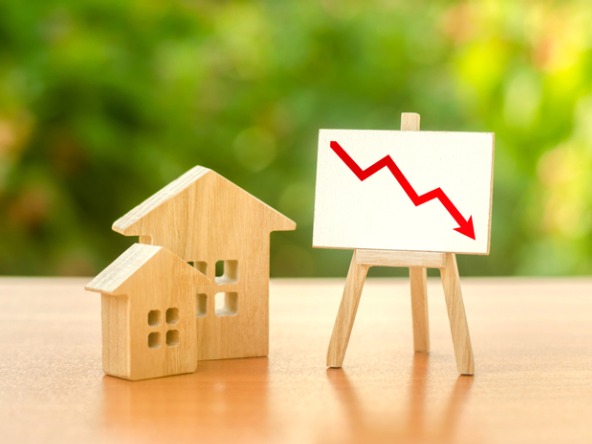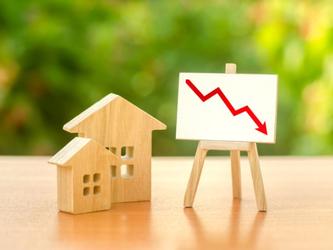Confidence in household finances falls

In the face of rising energy bills and concerns about the impact of the Ukraine conflict on supplies, the overall index dipped from 109 in January to 106.6 in February – a fall of 2.4 points.
The measure looking at people’s household financial situation over the coming 12 months has dropped to 59.7 for Februaryb 2022 (-19.3 on the previous month), while the score looking at the previous 30 days also fell to 71.5 (-9.2 ). Both measures are at their lowest mark in the near-decade-long history of YouGov’s Consumer Confidence Index.
However, consumer confidence remains in positive territory, with improvements in both retrospective and forward-looking house value and job security indices and business activity over the past 30 days.
YouGov bases its Consumer Confidence Index data on 6,000 interviews carried out every month. Respondents answer questions about household finances, property prices, job security and business activity, both over the past 30 days and looking ahead to the next 12 months.
The latest index found homeowners are, for the fourth month in a row, feeling more buoyant. Confidence in house values for February rose to 132.9 (up 3.7 ), hitting their highest point since July 2014, while the score for the next 12 months increased to 138.2 (up 0.8 ), a level not seen since February 2017.
Among workers, both retrospective (+1.2 ) and forward-looking (+2.2 ) job security metrics also increased, reaching 94.5 and 118.6 respectively.
Business activity over the past 30 days rose to 113.9 – a five-point jump on the month before, following two months of falling scores – but fell when looking ahead to the next 12 months, dropping by -3.5 to 123.6.
Darren Yaxley, head of reputation research at YouGov, said: “The cost of living crisis is having a serious impact on consumer confidence. Although the overall index remains positive, the dip in February is compounded by tumbling household finance measures with both retrospective and forward-looking scores at their lowest ever level since tracking began almost ten years ago.
“However, other measures give more cause for optimism – with both homeowner scores increasing for the fourth month in a row and job security metrics improving following two months of decline.”
Kay Neufeld, head of forecasting and thought leadership at CEBR, said: “Against a backdrop of accelerating inflation and the upcoming increase in the energy price cap, households are understandably nervous about the outlook for their personal finances. Meanwhile, the war in Ukraine is likely to further add to spiralling energy costs, based on the turbulence in oil and gas markets in recent days following the imposition of Western sanctions on Russia.
“Gains in the job security measures and the backward looking business activity score indicate that the UK economy has started the year on a strong footing as the impact of Omicron has faded. However, the decline in expected business activity over the coming 12 months suggests that the energy crisis and the war in Ukraine could have a considerable negative effects on UK economic output this year.”

We hope you enjoyed this article.
Research Live is published by MRS.
The Market Research Society (MRS) exists to promote and protect the research sector, showcasing how research delivers impact for businesses and government.
Members of MRS enjoy many benefits including tailoured policy guidance, discounts on training and conferences, and access to member-only content.
For example, there's an archive of winning case studies from over a decade of MRS Awards.
Find out more about the benefits of joining MRS here.













0 Comments